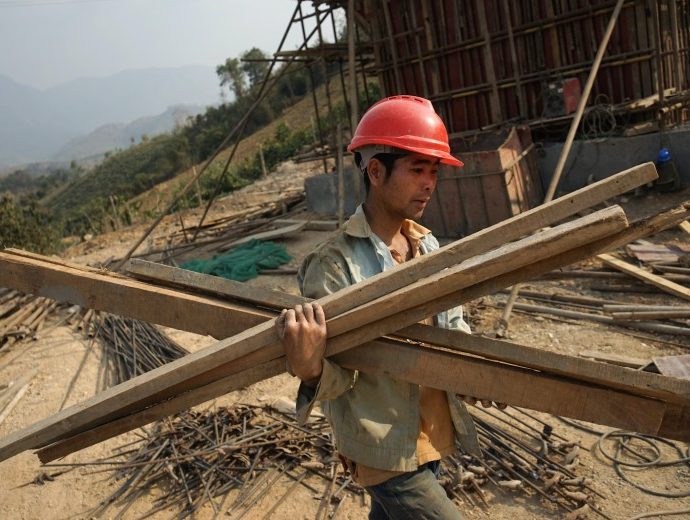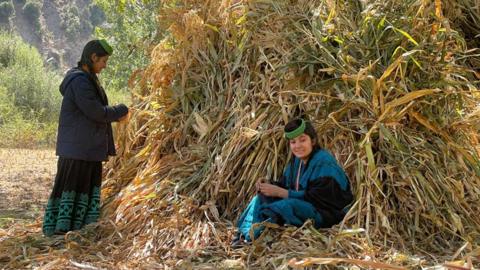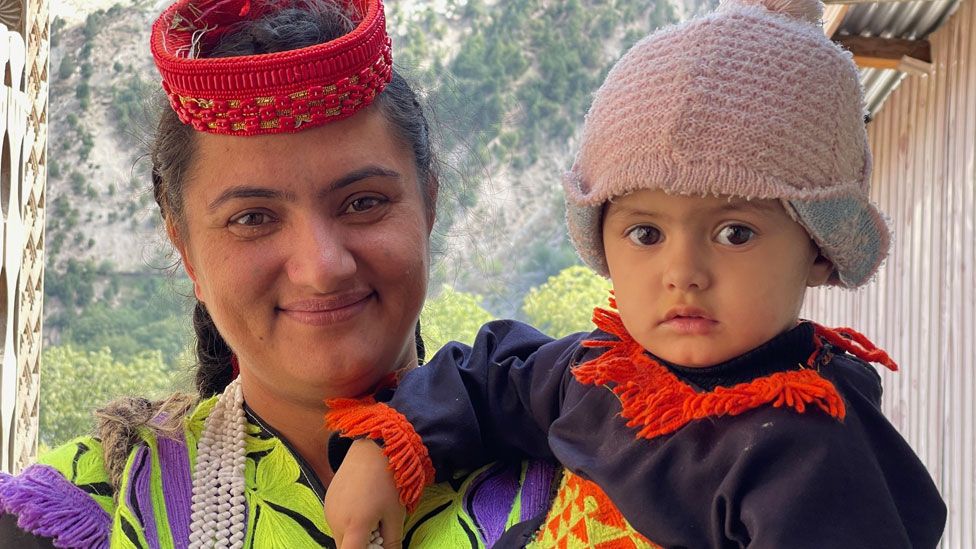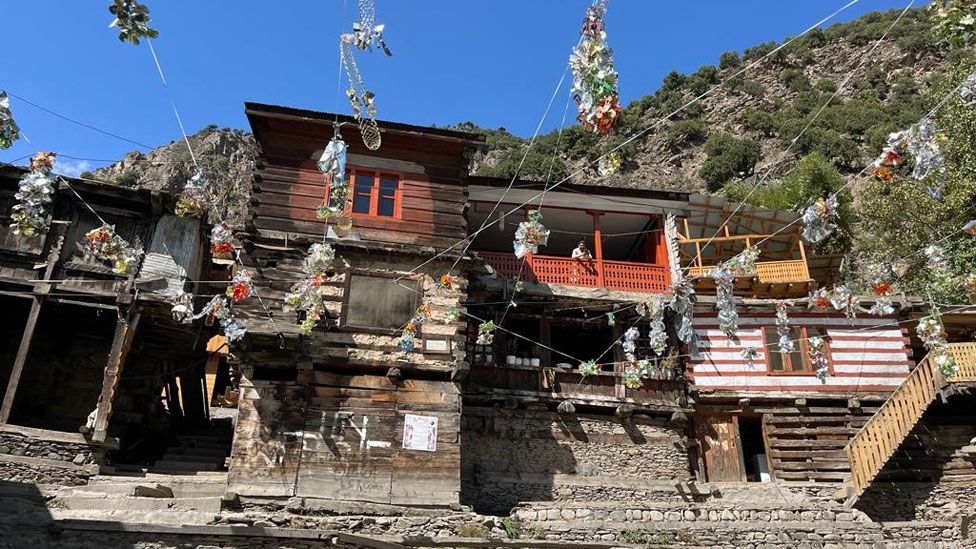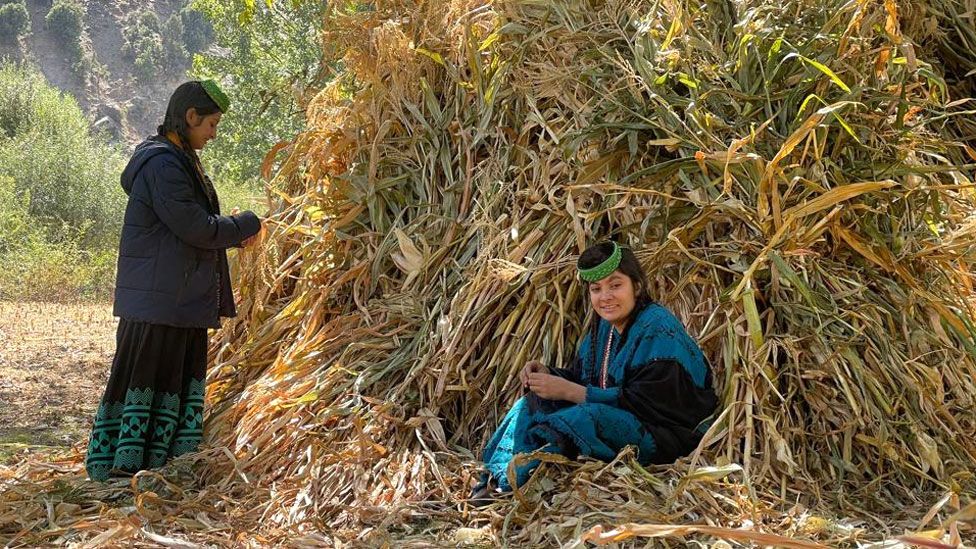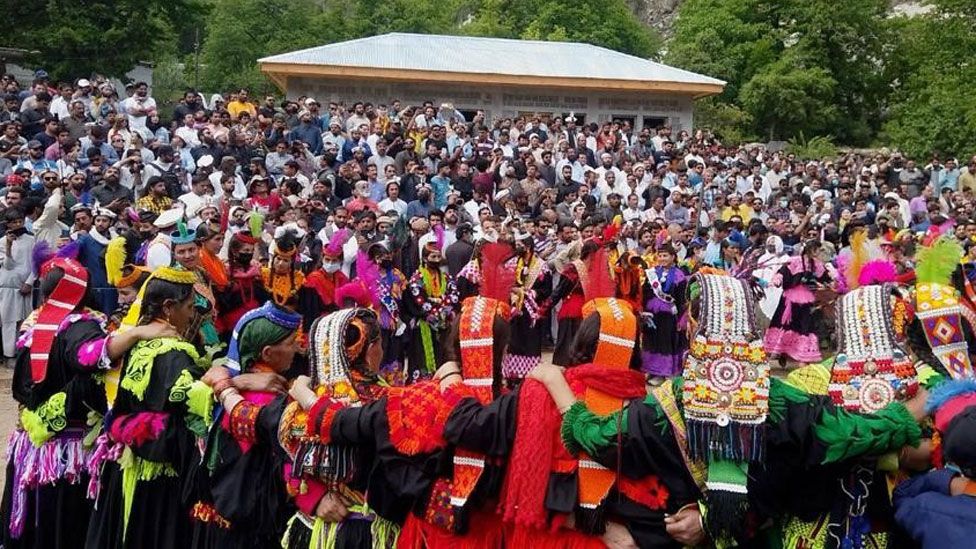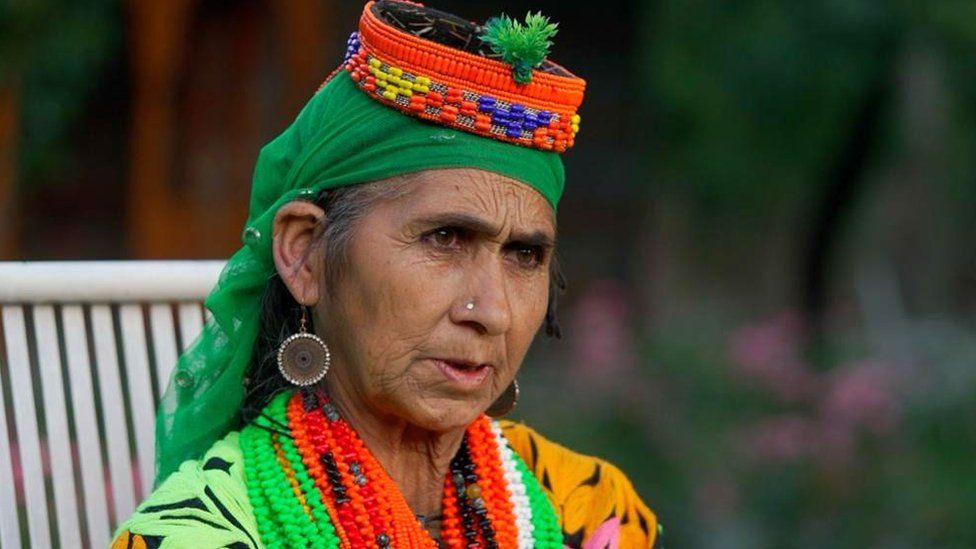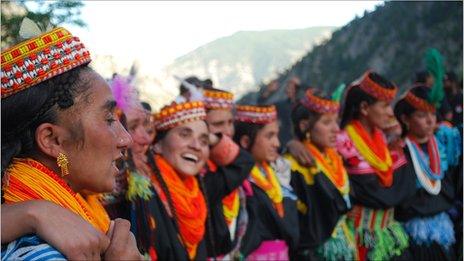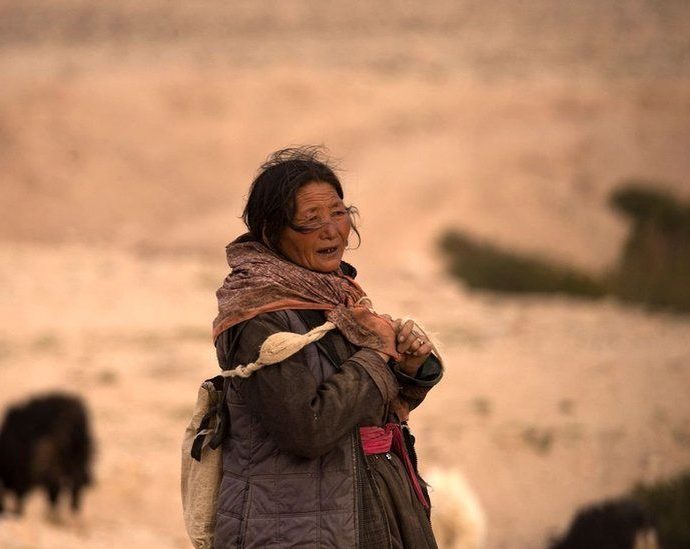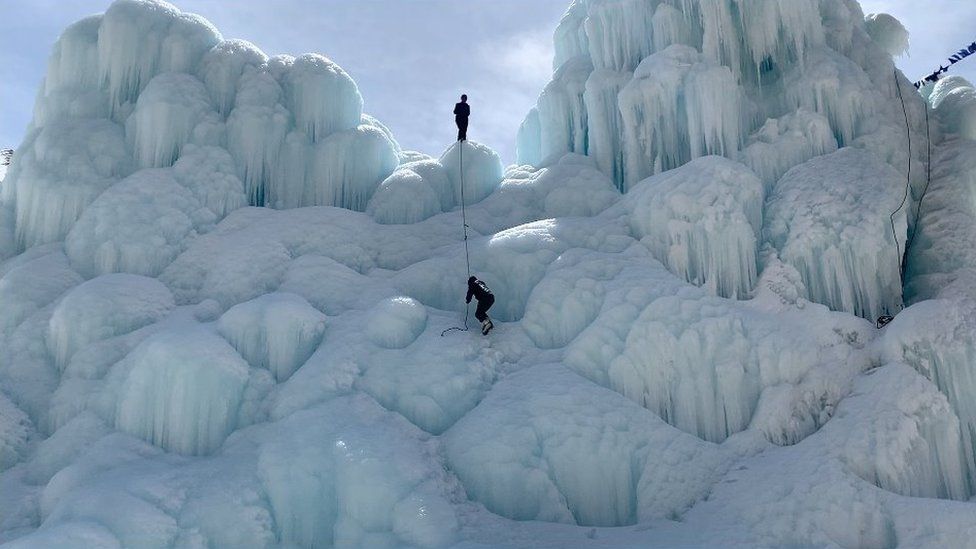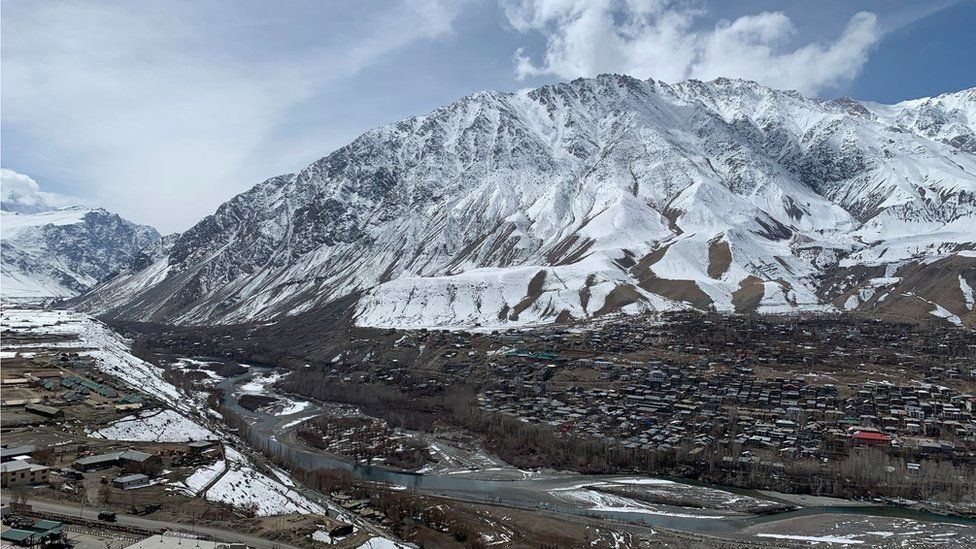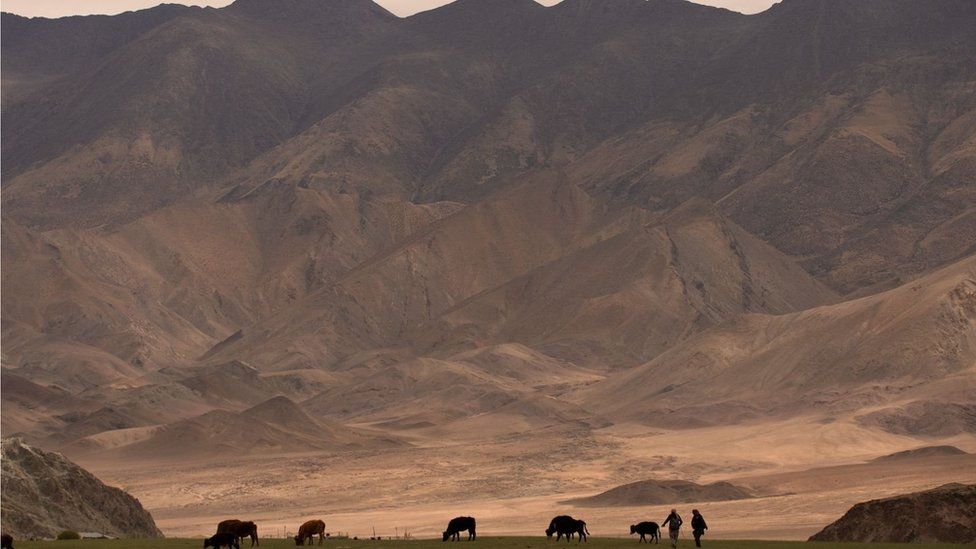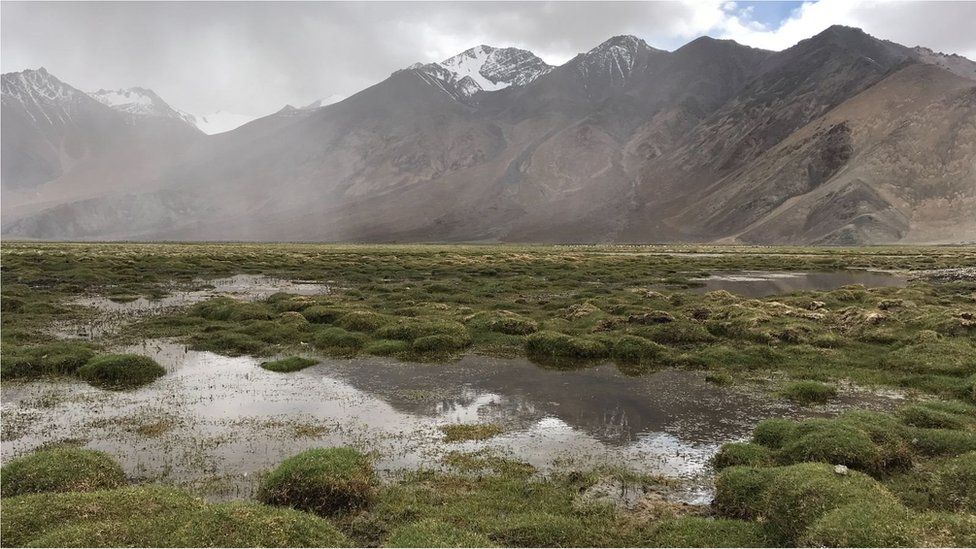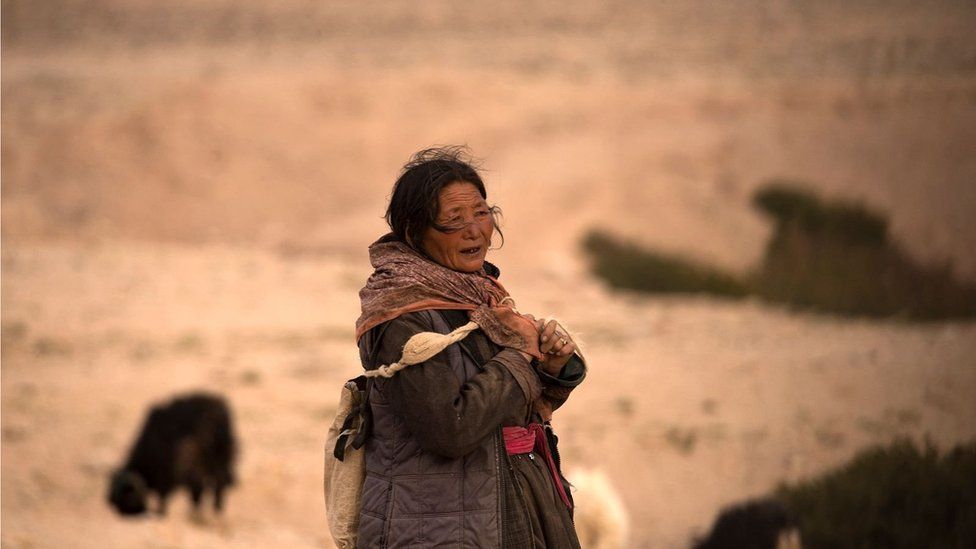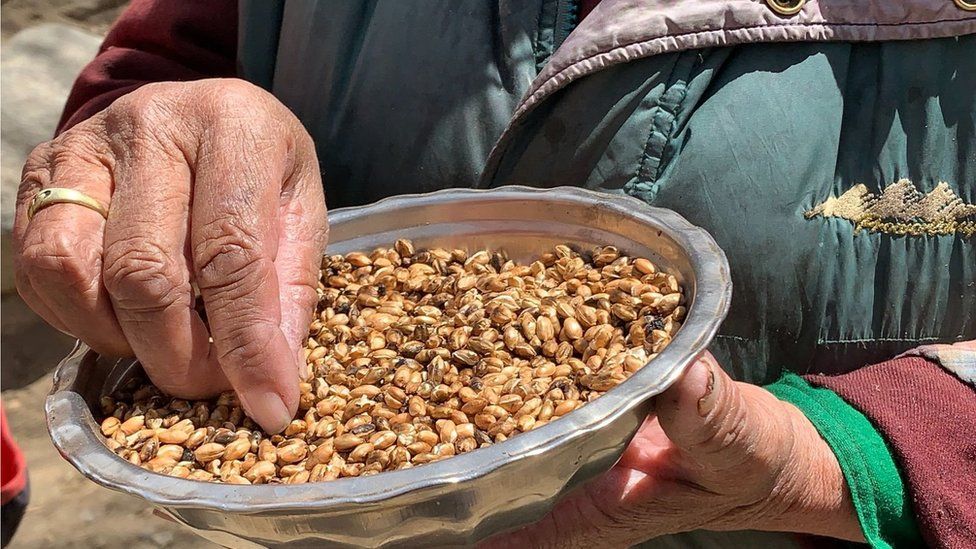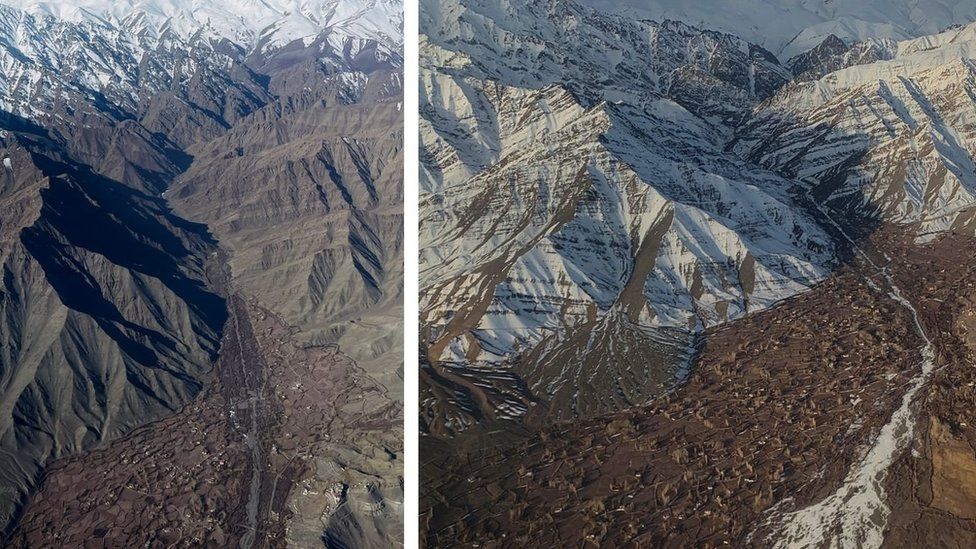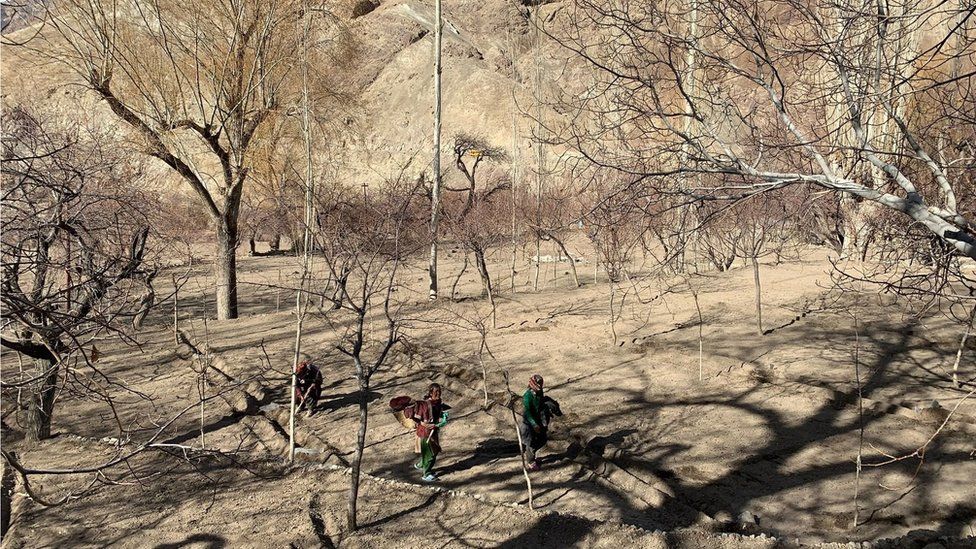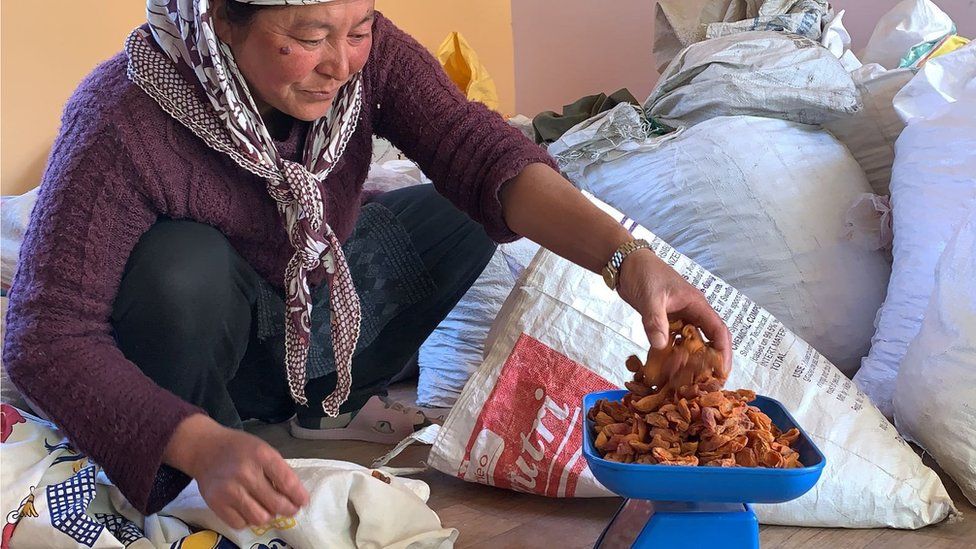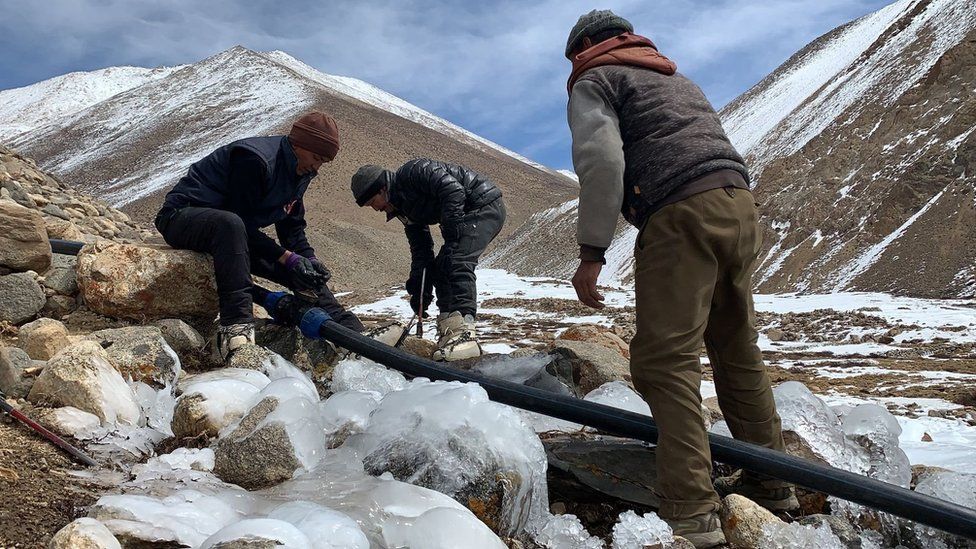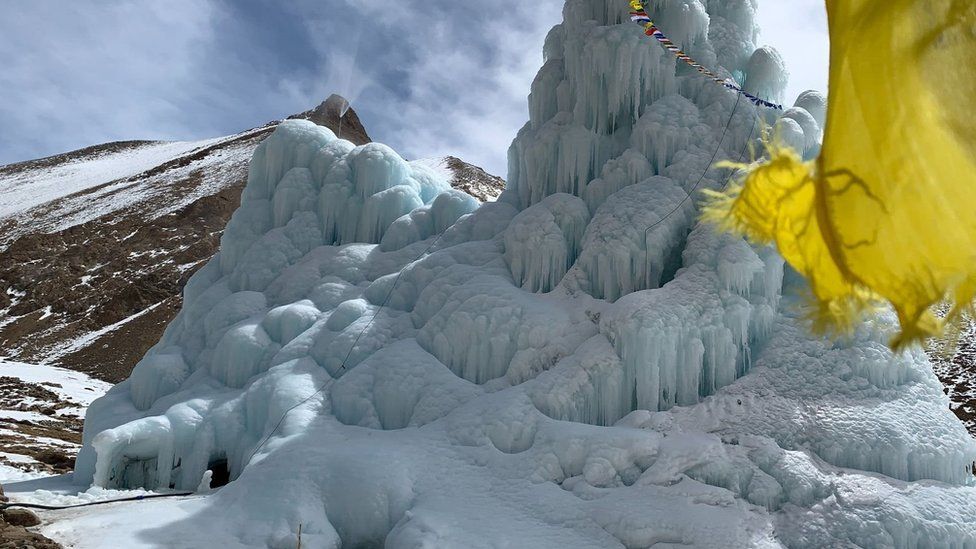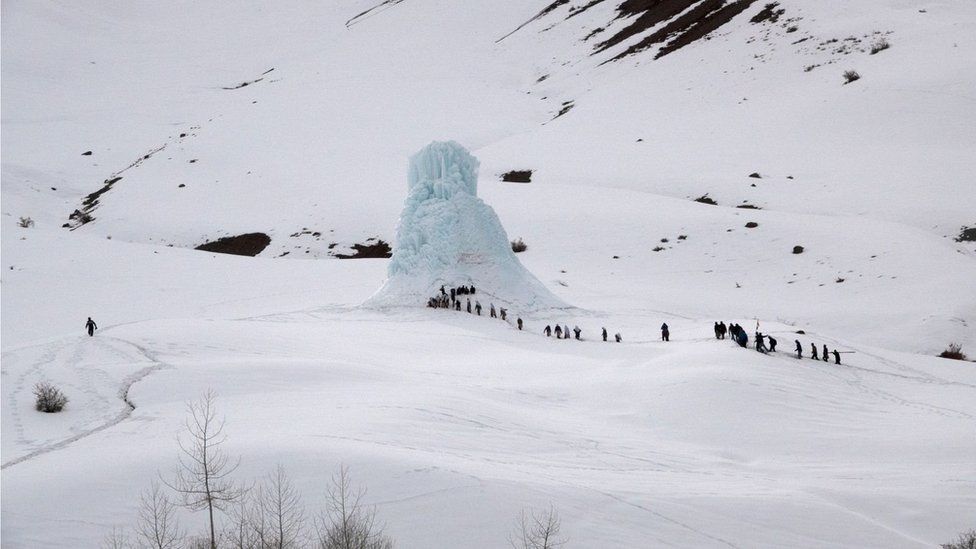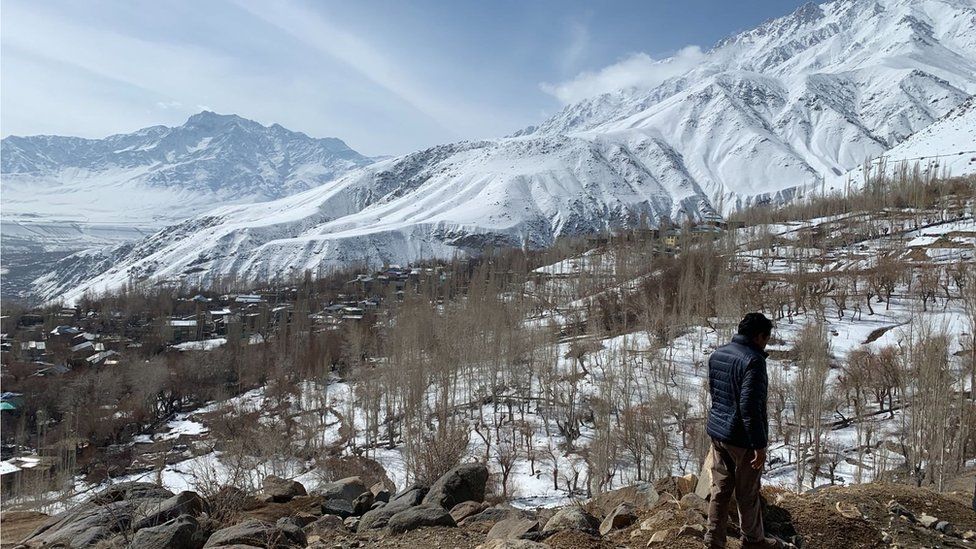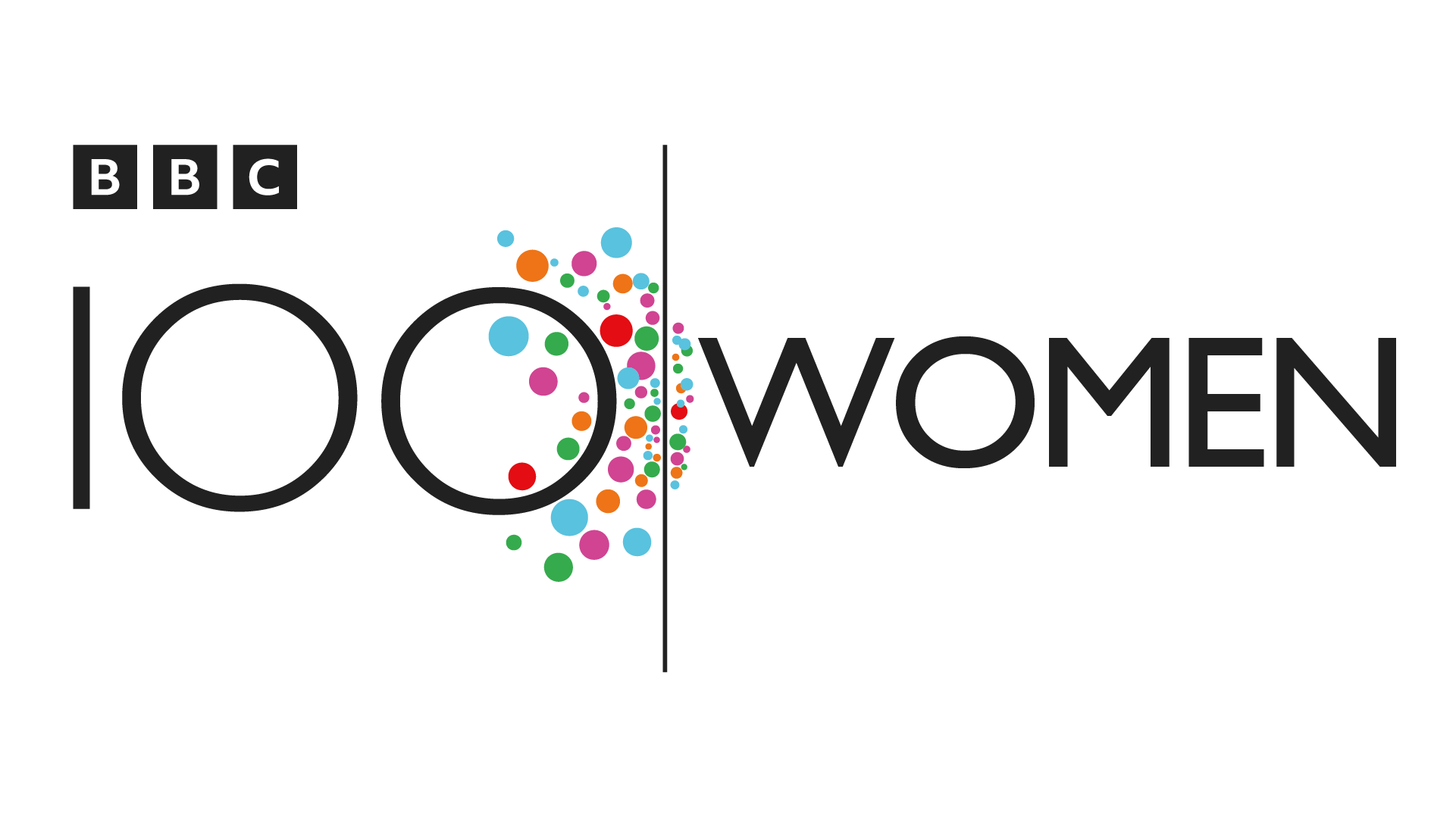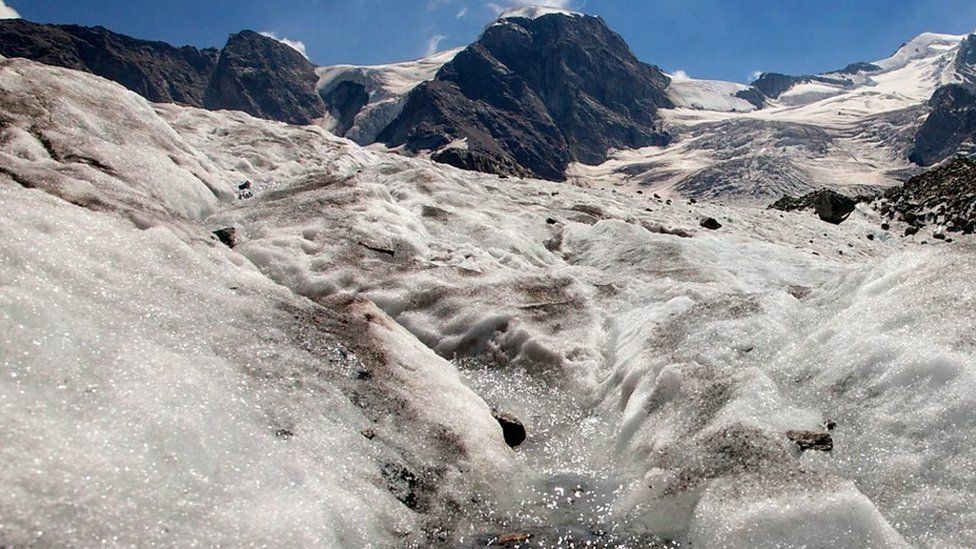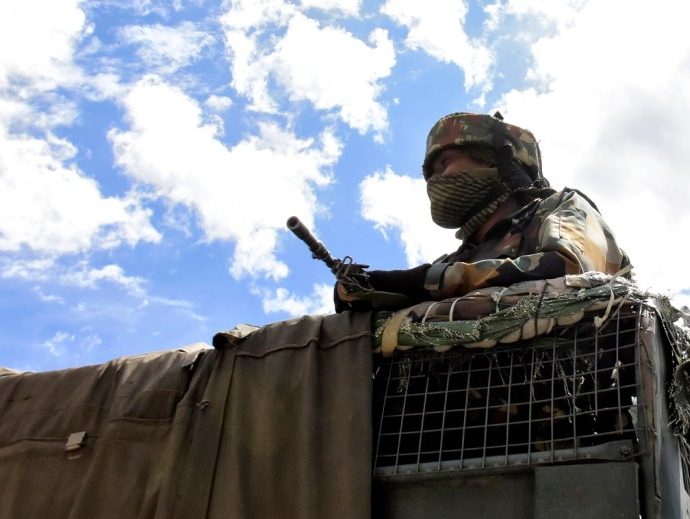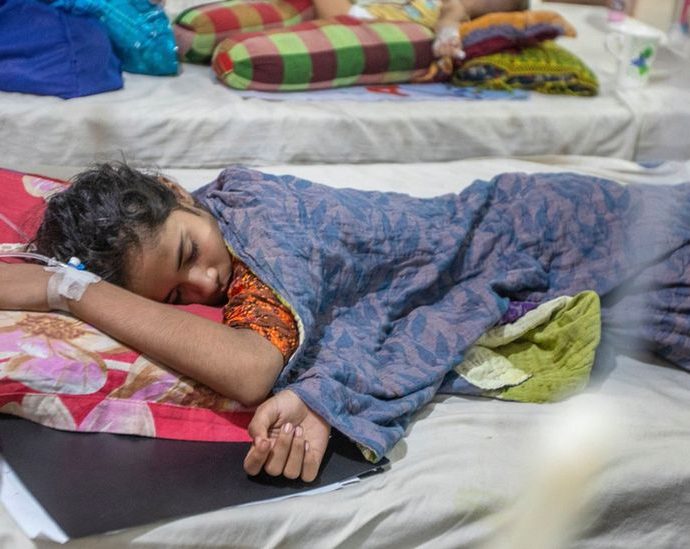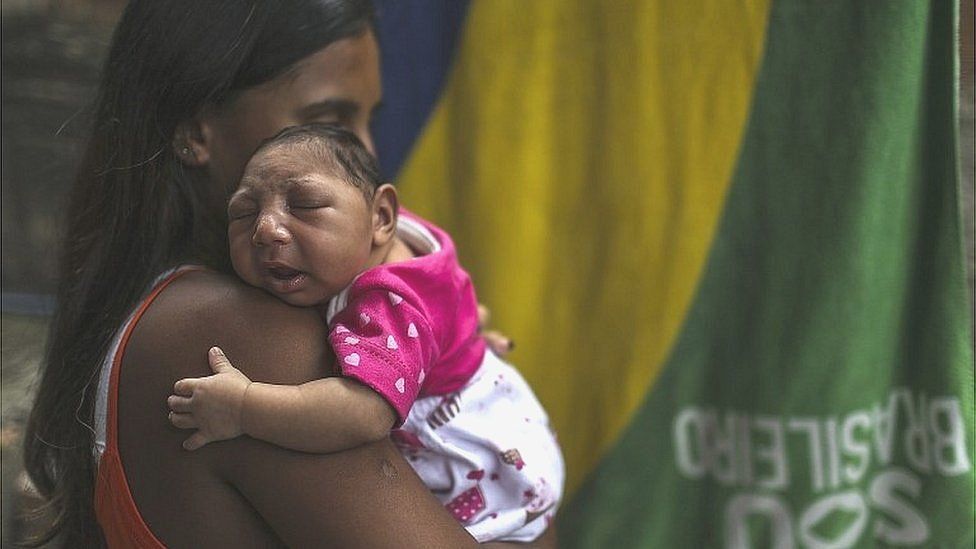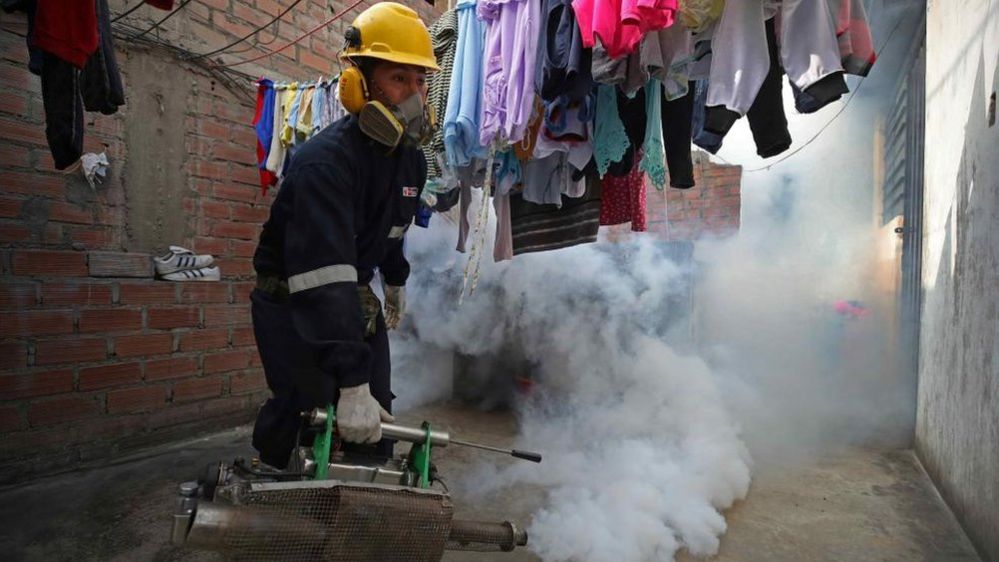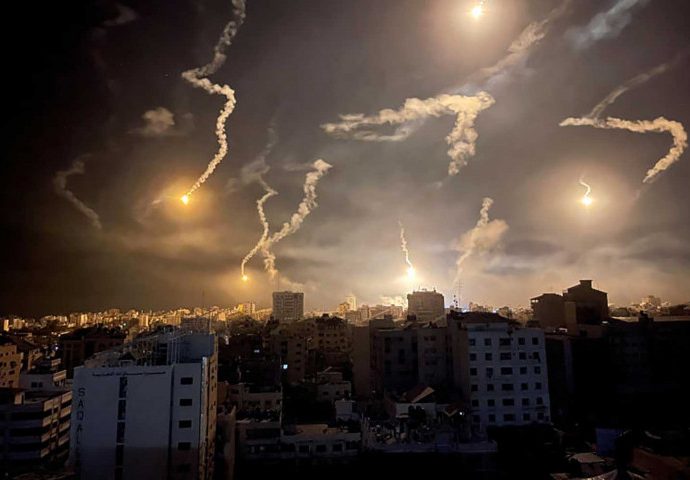Indian visitors spark tourism recovery hopes

PHUKET: The outcome of the first direct flight from New Delhi to this resort island province has sparked optimism in the tourism industry.
It is expected that direct flights from the Indian capital, operated by Air India, will increase from four days a week to every day starting next month.
The positive outlook follows the inaugural flight of AI378, which arrived in Phuket on Friday. Visitors were welcomed by provincial governor Sophon Suwanrat and Phuket Airport Director Monchai Tanod.
Lertchai Wangtrakuldee, director of the Tourism Authority of Thailand’s (TAT) Phuket office, said Indians comprise the third largest number of arrivals to the province, after Russian and Chinese tourists.
He said direct flights will bring more travellers from India, and it is hoped that their arrival will offset a slow recovery in the Chinese market.
There are about 1,000 Indian visitors in Phuket per day, and the number from January to November stood at 235,070, according to the TAT.
Overall, there are about 14,000 to 15,000 foreigners in the province per day, an increase from 10,000 in September, TAT data showed. Phuket hotels have seen an 85% occupancy rate.
Patsee Permvongsenee, director of TAT’s Asean, South Asia and South Pacific department, said direct flights to the resort island will boost local tourism after the government began a visa exemption programme for Indian visitors until May 10 next year.
Air India currently operates four direct flights a week, and each can carry 162 passengers, she said. The airline now plans to operate daily flights starting next month, she noted.
She said the TAT offices in New Delhi and Mumbai are currently carrying out marketing campaigns with their partners to target golfers and newlyweds. Thailand will also be promoted as a wedding destination, she said.
Since the start of the visa exemption programme, the number of Indian visitors to Thailand has jumped from 4,000 daily to about 5,000, the TAT said. More than 1.5 million Indian travellers visited the country from the beginning of January to Dec 10, which represents a 77% recovery when compared with pre-Covid levels in 2019, it said.
It said that the top destinations in Thailand are Bangkok, Chon Buri, Phuket, Krabi and Phangnga. Tourism revenue from the Indian market is estimated to exceed 65.6 billion baht this year, with average spending per head per trip at 39,500 baht.
Thanet Tantipiriyakit, Phuket Tourist Association president, said India is a key market for tourism operators thanks to the short travel time to Thailand.
“Tourists are looking for travel convenience. In addition to travel regulations like visa, a direct flight is also key. There are several segments, from luxury lifestyle travel to honeymoons,” he said.







